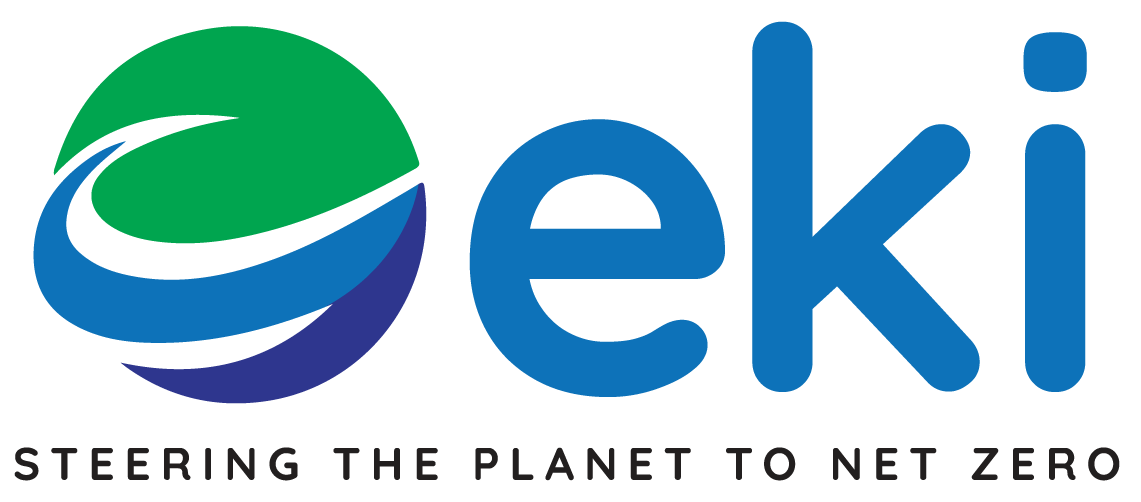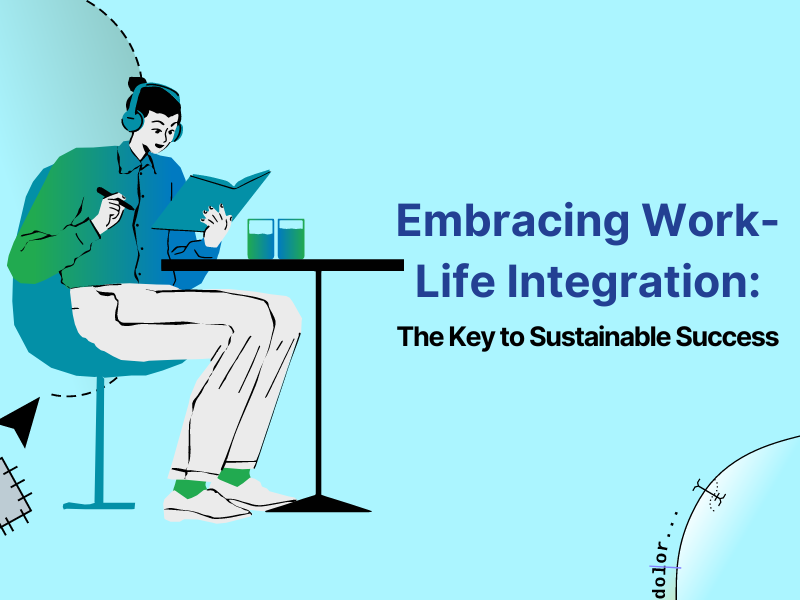As the pace of industrialization continues to increase, it has become a burgeoning virus in the contemporary world. The world is on the verge of a climate catastrophe, making the survival of marginal populations and endangered flora and fauna, more and more difficult. The fundamental problem lies with unsustainable industrial activities and their inherent growth-centric economic indicators, which leads to unjust consumption and exploitation of natural resources including fossils and minerals, thereby, disturbing the ecological balance.
To address the existential problem, we need a concrete plan – make our consumptions more responsible and attain maximum possible resource efficiency through adopting and promoting Green Manufacturing. It can be said that Green Manufacturing is no more just a slogan, rather it is the need of the hour.
Business Case for Green Manufacturing
Green manufacturing focuses on sustainable industrial activity i.e., doing more with less — reducing waste and moderating emissions, using fewer natural resources, and recycling and reusing materials. It involves the transformation of industrial operations in three ways – developing and selling green (minimal environmental footprint) products, using green (non-fossils) energy, and using green processes (recycling through extended producers’ responsibility) in business operations. The motivation for going green varies across sectors. While some adopt green practices owing to regulatory compulsions, others see it as an opportunity to build a stronger customer base.
As more customers become environmentally conscious and avoid the looming danger of climate change, most companies have joined the talks on sustainable manufacturing methods. Today, there is a collective conscience among companies to build recovery plans for a sustainable future and to drive green growth. Sustainable manufacturing has become a business imperative as more and more companies realize that any and all waste created from manufacturing is the biggest liability.
Most manufacturing units, today, aim to achieve zero waste, which is resulting in a substantial reduction in waste creation. In 2021, India Green Manufacturing Challenge Awards (IGMC) were hosted by International Research Institute for Manufacturing (IRIM) to recognize businesses committed to sustainable industrial practices. HUL, Sun Pharma, Hindustan Coca-Cola, Borosil, and Schneider were among the companies that were awarded for their distinguished efforts in improving the manufacturing processes and contributing to sustainable development.
How Does Green Manufacturing Benefit a Business?
Green Manufacturing addresses the environmental challenges at a systemic level. It ensures that industrial growth continues without the traditional environmental impact of production. Some drivers of sustainable manufacturing include company’s ecological brand and reputation, environmental pressure from regulators, investors and stakeholders, competition from companies that encourage sustainability practices, growing awareness among customers, and economic benefits and market competitiveness.
One of its significant benefits is reduced costs. Energy sources like solar and wind, along with energy-efficient equipment, can substantially reduce energy costs. In addition, practices like going paperless and recycling can save on supply costs. Secondly, there are a variety of fiscal benefits and rebates for manufacturers who proactively adopt sustainable industrial practices. Thirdly, green practices can make a company more competitive. As more and more consumers become conscious of the environment, making manufacturing improvements will strengthen a company’s reputation.
Green Manufacturing is important, not just because of above listed benefits, but also due to increasing awareness among consumers. Not only are consumers becoming increasingly conversant with green, but they are also switching to green habits and buying green products.
Ways to Engage in More Sustainable Practices
Companies willing to adopt Green Manufacturing should re-evaluate and optimize the utilization of fossil fuels. It will not only reduce the carbon footprint but also cut energy costs, making it a win-win. The goal can be achieved by decarbonization of energy and the electrification of processes. By digitizing processes, even the industries heavily dependent on energy such as cement and metallurgy can move towards more climate-friendly and efficient practices.
In addition, manufacturers should focus on reducing the use of environmentally unfriendly practices during the manufacturing process. There are various technologies that can destroy pollution before it enters the atmosphere. Another efficient way is recycling, which can help organizations minimize waste and have a positive environmental impact. Manufacturers can manage the workflow in a manner that it is possible to separate materials that can be recycled.
Today, there is a plethora of technologies that can make traditional businesses greener, and create completely new ones. Some of these technologies are – Carbon Sinks, consisting of emergent technologies that enable capturing and storing CO2 in ways such that it does not enter the atmosphere. Environment friendly fuels are another segment that includes the use of cleaner and more efficient fuels to generate power such as hydropower, biomass, Integrated Gas Combined Cycle (IGCC), etc. Industries can also adopt Green Transportation practices that involve the use of fuel cells, electric vehicles, fuel cells, and bio-ethanol.
Policy Level Actions
Promoting Green Manufacturing at a large scale requires policies that incentivize businesses or help them make or save money from environmental compliance. Companies have a pool of opportunities to invest in process and efficiency improvements and improving product quality. To ensure compliance, governments can implement a mix of policies and regulations that are flexible enough to adjust to evolving circumstances, especially new technologies. These policies are required to enable behavioural and structural change among producers.
In addition, the governments of the rapidly developing world, should promote policy level incentives for recyclability of material, and define the responsibility of tracking those resources at the end of their lifetime, to avoid getting dumped at landfills. Considering the huge market strength in these countries, like India, there is inherent strength to push research and development towards the development of green technologies, addressing supply security and recyclability with economic viability.
It is also important to understand the target companies of such policies. Mostly, green business innovations are limited to larger companies. While small companies are also innovative, a large focus is required on assisting small and medium enterprises (SMEs) in the transformation to sustainable industrial practices.
A Long Way To Go
An increasing number of companies understand the importance of adopting sustainable business practices and the additional benefits they can gain by doing so. However, the transformation journey has just started. While a few companies have adopted the change, more awareness and adoption at a large scale are required. What matters is that manufacturers shouldn’t consider making their operations greener as a burden. Rather, it should be considered as an opportunity for long-term success.
The government needs to play a significant role in this transformation with both regulatory mechanisms on one hand and stronger incentives on the other.










